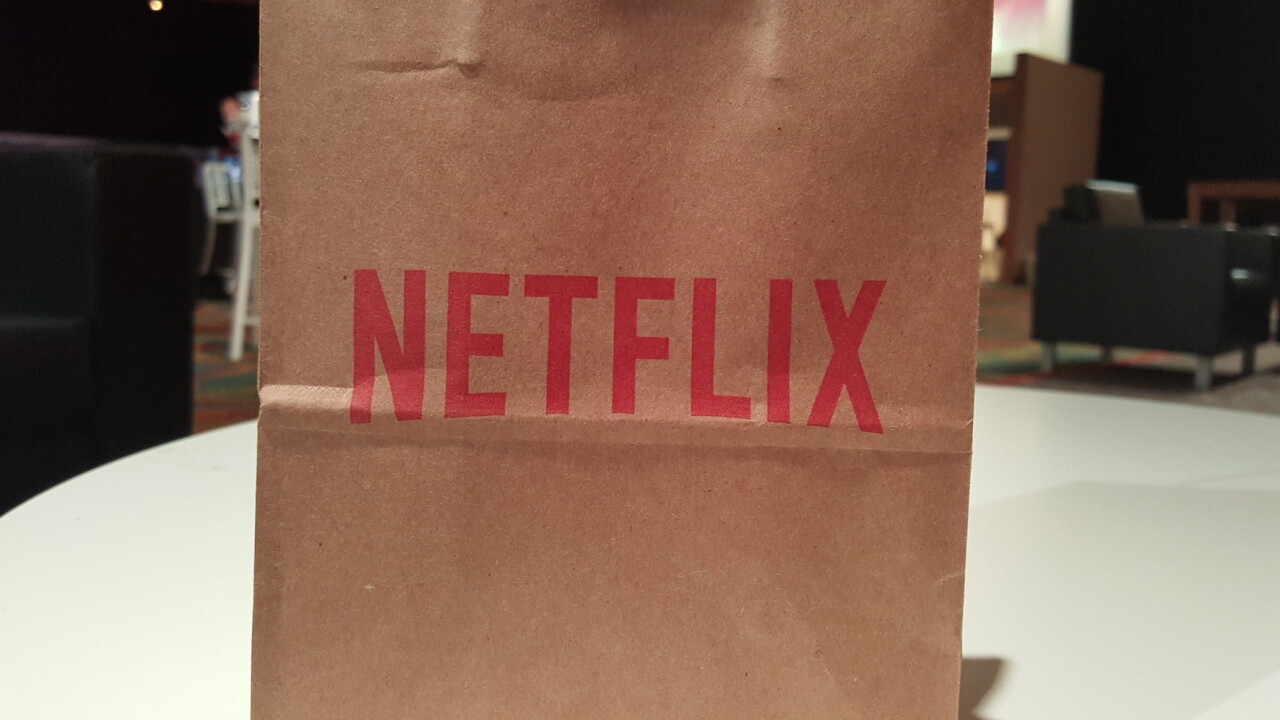
Netflix dropped big news at CES this week when it announced an expansion into not just several new markets but one hundred and thirty new countries. Naturally, you’ll have questions about what this means if you’re in a country not previously serviced.
We sat down with Netflix’s Chief Product Office Neil Hunt and Vice President of Content Acquisition Elizabeth Bradley in a Q&A session and here’s what we’ve learned:
Will I be able to access the full Netflix US catalog regardless of my location?
Short answer: No. Due to licensing issues, some countries may not be able to access the full catalog offered in the United States. Others may receive the catalog, but not at the same time as the US.
However, Netflix obviously owns the rights to its original content and plans to distribute them globally, which is great if you’re looking forward to the 31 original shows and movies the company is set to premiere throughout 2016.
Will content be censored?
Hunt says he anticipates Netflix being able to deliver uncensored versions of its content, though things like nudity in “Marco Polo,” for example, may be slightly edited. “As we’re expanding into new countries, we’ll have to tweak some things. It’s definitely going to be a lot of learning ahead.”
Netflix will deploy PIN lock codes for parents to prevent kids from watching mature content along with a content age ratings guideline determined by Netflix itself. This may not match what’s recommended in different countries, so it’ll be interesting to see how that plays out as the service is more widely adopted.
Will subscription costs be the same around the world?

Monthly subscriptions will be equivalent to local rates, Hunt says, with plans to add more local payment methods to accommodate the new markets.
As of Wednesday, Netflix accepts local currency in nine countries: India, Philippines, Indonesia, Malaysia, Vietnam, Thailand, Singapore, Taiwan and Hong Kong.
Will Netflix start creating localized original content?
With plans to continue investing in more original content, Netflix says it will focus on finding great storytellers around the world whose story resonate with its viewership – regardless of language. “Narcos,” a Spanish-language original series about Colombia’s drug cartels, is one such example, so you can expect more original series in a variety of languages.

Bradley says Netflix also plans to license local content to match the countries it services. For example, South Korean users may see some local soap operas on offer, while US users may not as it might be “harder to sell [this content] to western viewers.”
With more potential consumer viewer data, how will this affect Netflix’s plans for original content?
Part of Netflix’s success with original content is because it looks deeply into its audience’s tastes and viewing habits.
“‘Ridiculous 6’ – one of our first original movies – became Netflix’s most watched film in the first 30 days,” Bradley says. “This is because we know despite what movie reviewers say, whenever we have an Adam Sandler flick, it always does well.”
As more users adopt Netflix globally, it plans to continue using data-driven strategies to explore opportunities for original content that will please users worldwide.
“As you’ve seen in our catalog, our original content features different cultures and ethnicities,” Bradley says, referencing shows like “Orange is The New Black” which includes a cast of women in different shapes, sizes, and backgrounds. “We definitely will continue to look for these opportunities.”
How much bandwidth will it take to properly stream Netflix where I am?
The recommended speed is 5 mbps for HD streaming, but Netflix can function for as low as 500 kbps for 420p.
In 2015, Hunt says Netflix used content based encoding to reduce bandwidth rates by 20 percent and will continue to build codecs to further compress videos and offer quality performance in areas with limited internet.
“The goal is to build an open source codec that offers very good performance for 50 kbps,” he tells us. “But that’s a long term project that could take us up to three years.”
He anticipates the early adopters in new markets with lower national internet speeds to be those who already have broadband internet. “To penetrate more deeply, we definitely will have to do more with mobile networks.”
Will Netflix start developing VR or 360-degree content?
In Hunt’s own words, he’s “skeptical.” Although VR and 360-degree content are on the rise, he says Netflix isn’t quite ready to bet on VR or spherical imaging technology, and instead prefers to focus on traditional storytelling that’s immersive without, well, the gimmicks.
Get the TNW newsletter
Get the most important tech news in your inbox each week.





